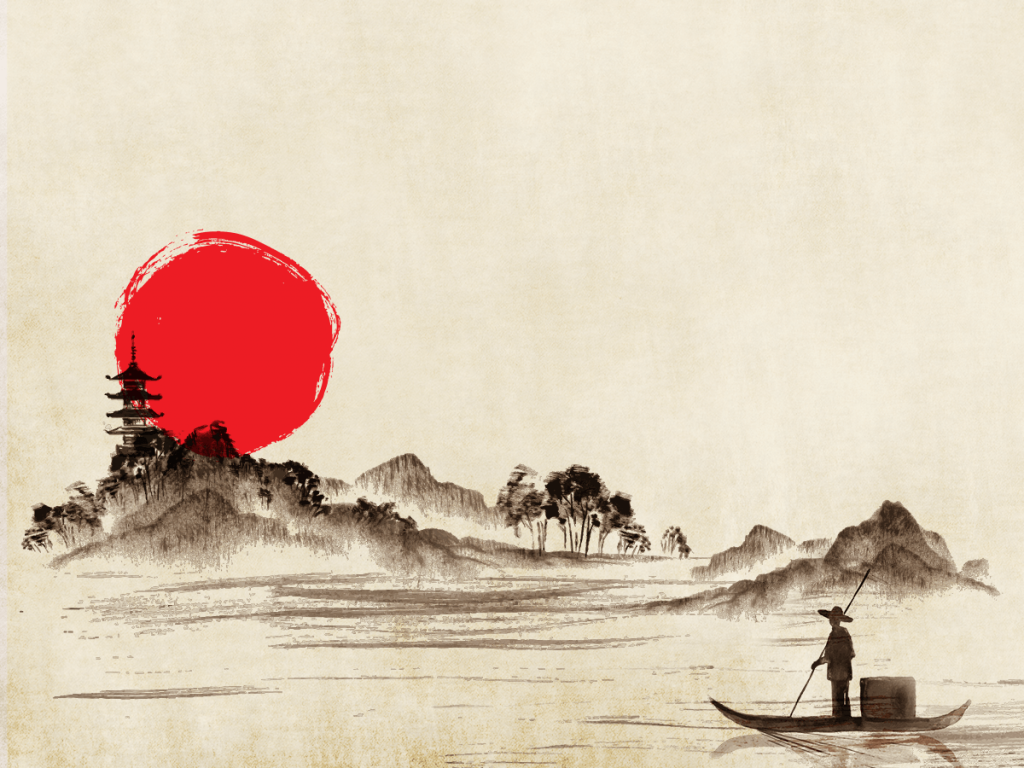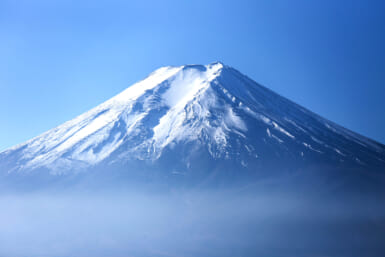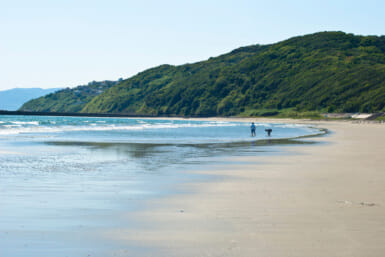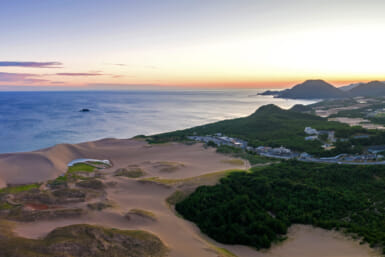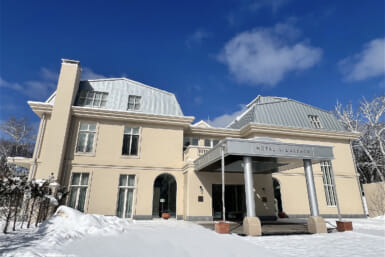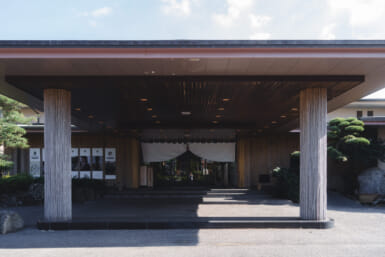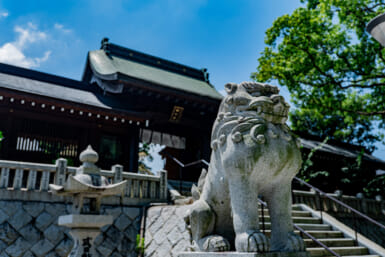The months and days are the travellers of eternity.
The years that come and go
are also voyagers.
Those who float away their lives on ships or who grow old leading horses are forever journeying,
and their homes are wherever their travels take them.
Anyone with even the faintest interest in Japanese literature will have recognised the famous opening to Basho’s Narrow Road to the Deep North, three short sentences that may have brought to the surface all manner of memories for those among you who remember having to learn them off by heart in senior high school. Now considered the most renowned literary figure of the Edo period, the hallowed haiku-master was a compulsive traveller who, despite being denied the opportunity to see the world beyond the confines of his own country, found much to satisfy his wander-lust along the mountain trails of his native islands.
When spring came and there was mist in
the air…
Everything about me was bewitched by
the travel gods… The spirits of the roads
beckoned.
The pilgrimage that inspired his greatest work begins, so he tells us, in 1689 on the 27th day of the third month when he sets out from Tokyo while the cherry blossoms are in full bloom. Given that the world shivered through a mini ice-age throughout the seventeenth century, the flowering sakura give us a clue that the date is not all it seems. Almost 200 years would pass before Japan would finally adopt the modern western calendar and, under the old lunar system, late March might well be the equivalent to a spring day closer to the end of April.
Today there are few among us who grow old leading horses but I suspect that I won’t be alone in succumbing to the siren voices of the travel gods as the early-rising summer sun warms the morning air and the days begin to lengthen. To be fair, it’s hard not to feel restless when sunlight starts streaming relentlessly through your bedroom windows just a few short hours after you’ve taken to your bed. No wonder Basho felt compelled to head north! It’s true that in Japan we enjoy long summer days; the only problem is that the sun rises soon after four and sets at seven. What is it with this country and daylight-saving?
For those of us fortunate enough to have lived in and travelled to some of the most visited cities in Europe – London, Paris, Rome – many of our fondest memories have been conceived in the sunlit shade of early summer evenings. There are few great cities of the world blessed with the endless blue skies of Tokyo’s winter so for most the long, light evenings of May bring a welcome release from the dank, dark grip of earlier months. The result? The vibrant café culture of Copenhagen and the buzzing bars and restaurants of Barcelona.
2016 was a record year for the Japanese tourist industry with almost 24 million visitors spending a cool 33 billion dollars. Good news? Perhaps – but the rate of growth in both the number of tourists and the amount they spent here was significantly down on the previous 12 months, suggesting that the government’s target of 40 million visitors spending around 70 billion dollars by 2020 may be well out of reach. Might the allure of lighter summer evenings make a difference?
When Basho walked the narrow road to the deep north, each of his days on foot ended with the twilight of early summer sunsets; will the next few years change all that? Moving the clocks forward by an hour – or even two – could provide just the boost Japan needs as it prepares to host the Rugby World Cup and the Games of the XXXII Olympiad. Why not make the most of this precious time in the global spotlight and bring the evening streets to life?
By Brian Christian, Principal of The British School in Tokyo.

